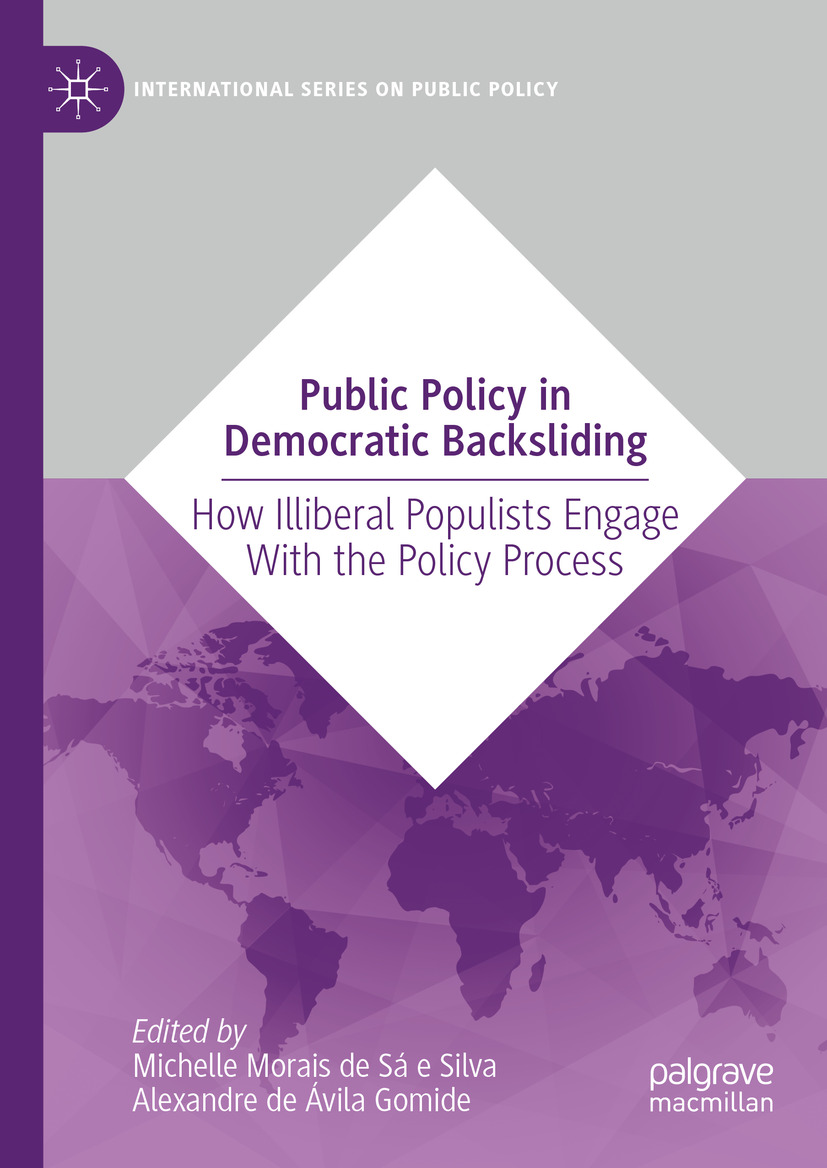

Most ebook files are in PDF format, so you can easily read them using various software such as Foxit Reader or directly on the Google Chrome browser.
Some ebook files are released by publishers in other formats such as .awz, .mobi, .epub, .fb2, etc. You may need to install specific software to read these formats on mobile/PC, such as Calibre.
Please read the tutorial at this link: https://ebookbell.com/faq
We offer FREE conversion to the popular formats you request; however, this may take some time. Therefore, right after payment, please email us, and we will try to provide the service as quickly as possible.
For some exceptional file formats or broken links (if any), please refrain from opening any disputes. Instead, email us first, and we will try to assist within a maximum of 6 hours.
EbookBell Team

0.0
0 reviews*
"Few questions at the intersection of political science and public administration have more relevance than how populism is reshaping state capacities. Public Policy in Democratic Backsliding provides compelling insights, both theoretical and practical, about how illiberal actors in a range of settings take control of and degrade the bureaucracy, and what it means for the capacity of democracies to function." -Donald Moynihan, Professor, McCourt School of Public Policy, Georgetown University, USA.
"Amidst the surge of illiberal politics worldwide, understanding the policy process during democratic backsliding is more than necessary. This book develops a framework that not only helps us understand the drivers of illiberal politics, but also delve into the results of illiberal policy processes. The authors alert us about the unpredictability of policy processes that emerge from illiberal politics and the dangers of this deviation from the vision of a pluralistic liberal democracy." -Alketa Peci, UN Committee of Experts in Public Administration, Professor of Public Administration and Government, Getulio Vargas Foundation, Brazil.
This book examines the impact of democratic backsliding and populist governments on public policy processes. Drawing on case studies from the USA, Brazil, Hungary, Mexico, Poland, Turkey, and the Philippines, it assesses how elected populist governments have eroded policy capabilities and dismantled state apparatuses responsible for making and implementing policy. The book offers a unique perspective into democratic backsliding through a public policy lens, and considers why, when and how policy processes change as a result of populist governments. Numerous policy issues are analysed throughout the volume, including environmental, health and economic policies.